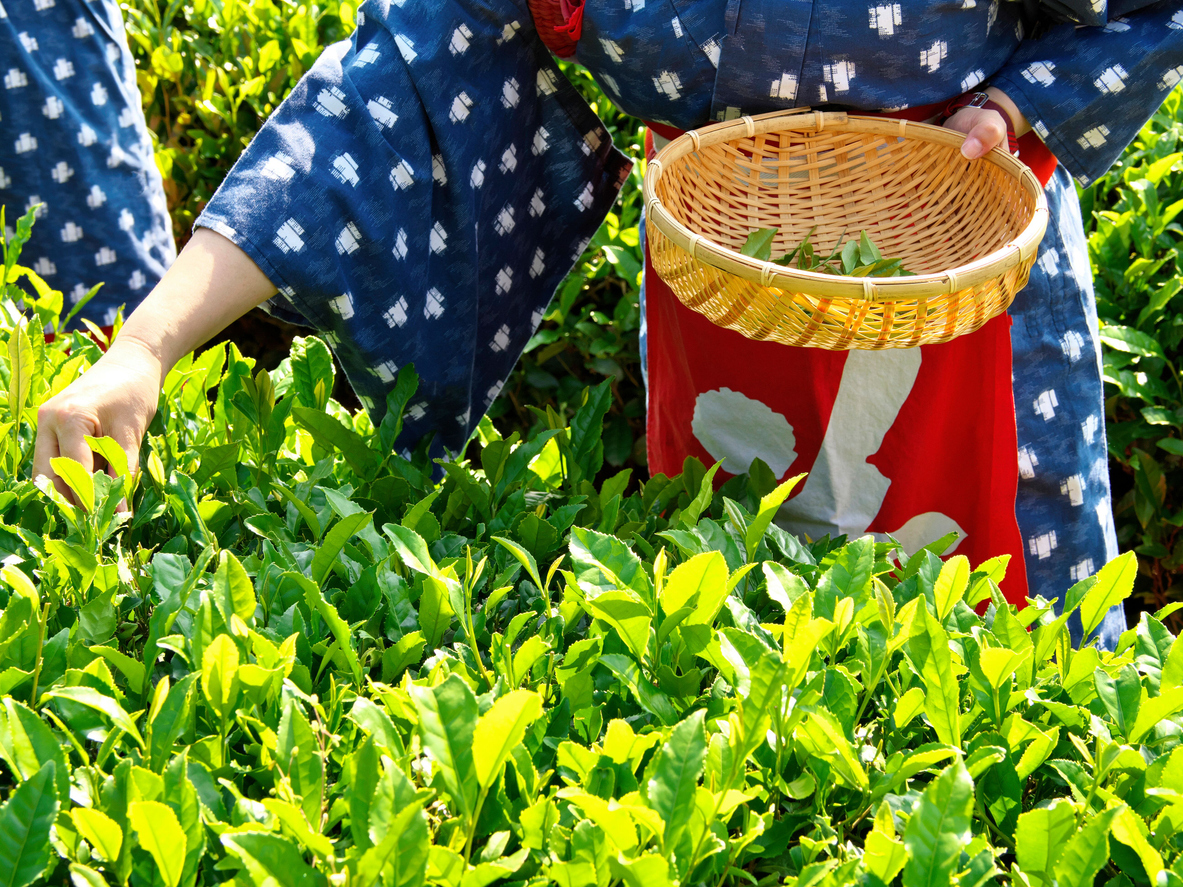
Single Gene Discovery Promises Better Tea Taste and Yield
November 26, 2025| |
Chinese researchers have made a key genetic breakthrough that offers new paths for improving tea quality and yield. Scientists from the Tea Research Institute at the Chinese Academy of Agricultural Sciences identified the gene CsKNOX6, which plays a critical role in controlling the size of tea buds. This discovery is vital because the size of the young shoot—typically harvested at the one bud and two leaves stage—directly influences the taste, processing suitability, and overall market quality of tea.
The research used advanced techniques, including digital phenotyping and genome-wide association mapping (GWAS), on over 280 diverse tea accessions. The team found that CsKNOX6 acts as a negative regulator of bud and leaf size. When the gene's function was validated in a model plant, the organisms developed markedly smaller leaves, confirming its role in limiting growth. This provides the first clear molecular understanding of a trait that has long been challenging to genetically improve through conventional breeding.
The identification of CsKNOX6 provides a direct genetic target for precision breeding strategies. By controlling this single gene, breeders can now fine-tune the size and uniformity of tea buds, addressing different commercial demands. For instance, the gene can be used to optimize varieties for premium, delicate hand-plucked teas or for high-yield cultivars suitable for mechanical harvesting. This breakthrough lays the foundation for developing new tea varieties with tailored bud characteristics, offering significant long-term economic benefits to the global tea industry.
For more details, read the news article from the Chinese Academy of Sciences.
| |
You might also like:
- Scientists Decode the Signature Scent of Gardenia Tea
- Scientists Characterize Green Tea Genes Encoding Vital Enzymes
- Sugar Transporters in Tea Plants Also Involved in Plant Response to Stresses
Biotech Updates is a weekly newsletter of ISAAA, a not-for-profit organization. It is distributed for free to over 22,000 subscribers worldwide to inform them about the key developments in biosciences, especially in biotechnology. Your support will help us in our mission to feed the world with knowledge. You can help by donating as little as $10.
-
See more articles:
-
Plant
- CRISPR Alters Chromosome Numbers in Plants
- Precision Breeding Act Now Live in the UK
- Philippine Regulators Work on Refining Risk Assessment Report on GM Plant and Plant Products
-
Animal
- Targeted Inheritance of Sex Offers a New Method to Improve Animal Breeding
-
Food
- Single Gene Discovery Promises Better Tea Taste and Yield
- CRISPR Fungus: Protein-Packed, Sustainable, and Tastes Like Meat
-
Environment
- UN Climate Change Conference Highlights Role of Agrifood Systems in Climate Action
- University of Waterloo Researchers Turn to Biotechnology to Combat Plastic Pollution
-
Read the latest: - Biotech Updates (February 18, 2026)
- Gene Editing Supplement (January 28, 2026)
- Gene Drive Supplement (February 22, 2023)
-
Subscribe to BU: - Share
- Tweet

